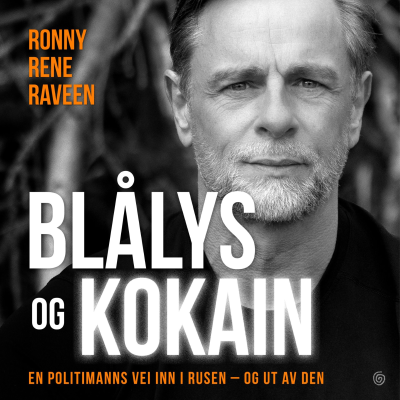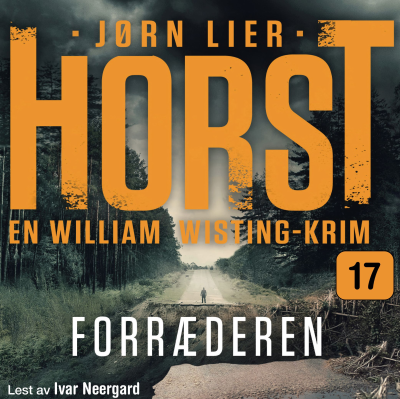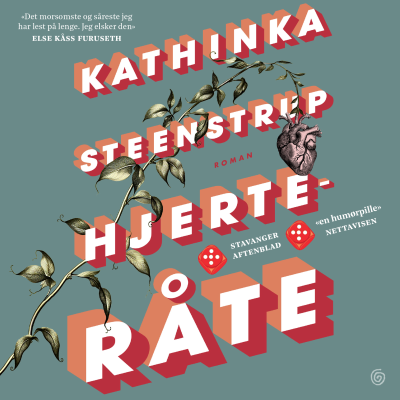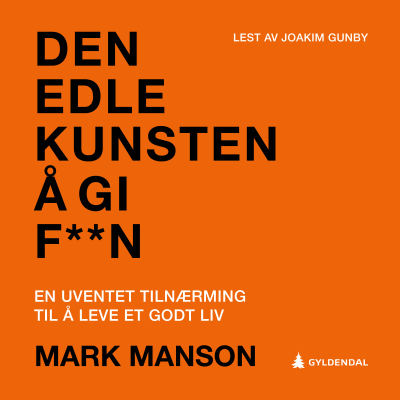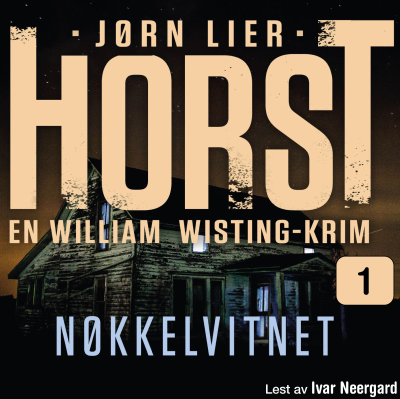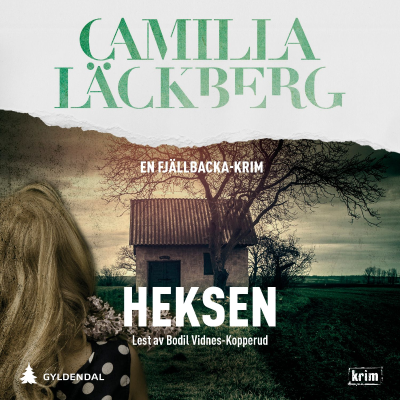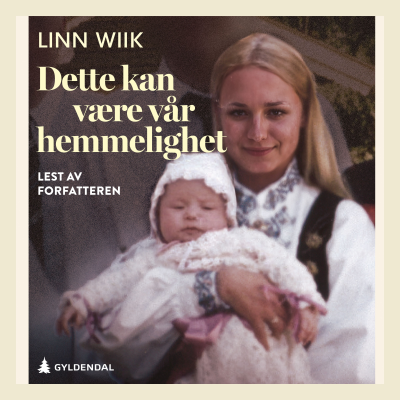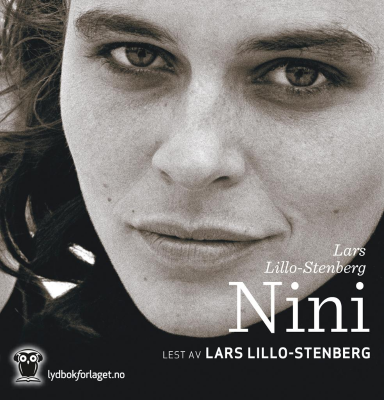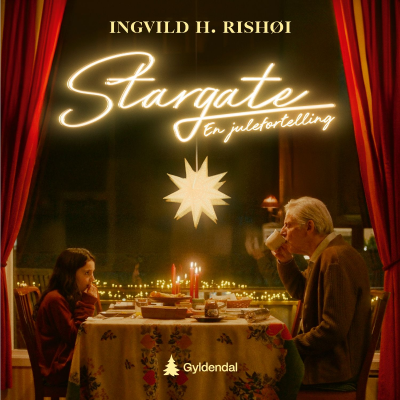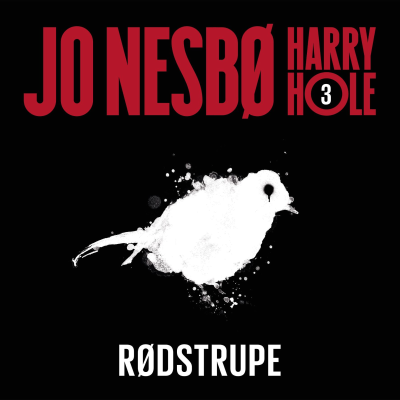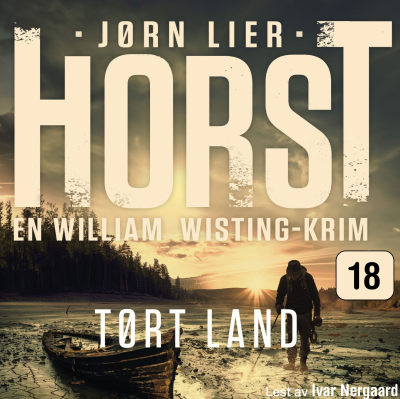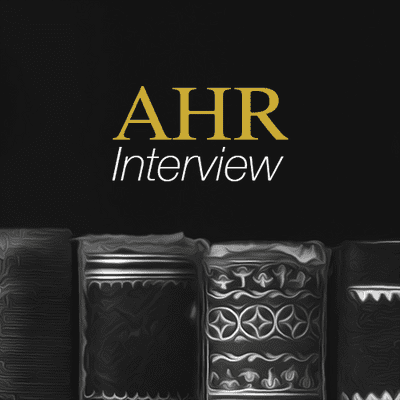
AHR Interview
engelsk
Historie & religion
Prøv gratis i 14 dager
99 kr / Måned etter prøveperioden.Avslutt når som helst.
- 20 timer lydbøker i måneden
- Eksklusive podkaster
- Gratis podkaster
Les mer AHR Interview
AHR Interview presents brief discussions with historians whose work has appeared in the American Historical Review, the official publication of the American Historical Association. Sometimes the interview accompanies an article or a featured review in a current or recent issue; other times it will feature a scholar who has recently been in the news, but whose work appeared in the journal in the past. These accessible and user-friendly podcasts highlight historical scholarship of wide interest and enormous import for issues of the day.
Alle episoder
46 EpisoderCoda
A sign off and a look ahead.
Karlos Hill on Community Engaged History
May 31st and June 1st 2021 mark the hundredth anniversary of the 1921 Tulsa Race Massacre, one of the most violent anti-Black attacks in U.S. history. With the AHR’s June issue, the journal joins in commemorating that terrible event. The cover of the issue features photographs of Tulsa's Greenwood district, and it accompanies an article by University of Oklahoma historian Karlos Hill titled “Community Engaged History: A Reflection on the 100th Anniversary of the 1921 Tulsa Race Massacre.” In this episode, AHR editor Alex Lichtenstein speaks with Hill about community engaged history and about his own ongoing support of commemorative and memory related work in Tulsa leading up to the 2021 centenary.
Alyssa Sepinwall and Andrew Denning on Historical Video Games
AHR author Andrew Denning speaks with historian Alyssa Sepinwall about historical video games and gaming history. Sepinwall is the author of the forthcoming book Slave Revolt on Screen: The Haitian Revolution in Film and Video Games. Denning’s AHR article, “Deep Play? Video Games and the Historical Imaginary,” appears in the March 2021 issue along with a cluster of reviews on the video game series “Assassin's Creed.”
An AHR Conversation on Black Internationalism
This episode features a March 2, 2021, Virtual AHA session that hosted a discussion of the recent AHR Conversation on Black Internationalism, which appeared in the December 2020 issue [https://doi-org.oca.ucsc.edu/10.1093/ahr/rhaa513] of the AHR. The published conversation included seven scholars drawn from a range of fields and perspectives—Monique Bedasse (Washington University in St. Louis), Kim D. Butler (Rutgers University), Carlos Fernandes (Center of African Studies (CEA) from Eduardo Mondlane University), Dennis Laumann (University of Memphis), Tejasvi Nagaraja (Cornell University), Benjamin Talton (Temple University), and Kira Thurman (University of Michigan). The Virtual AHA, moderated by now former AHR Associate Editor Michelle Moyd (Indiana University, Bloomington), featured four of the conversation participants—Bedasse, Fernandes, Laumann, and Talton. You can find video of the session on the AHA’s YouTube channel [https://www.youtube.com/watch?v=7tNItUx3s_A].
Jessica Marie Johnson on the History of Atlantic Slavery and the Digital Humanities
In this episode, AHR Consulting Editor Lara Putnam speaks with Johns Hopkins University historian Jessica Marie Johnson about the intersection of the history of Atlantic slavery and the Atlantic African diaspora and the digital humanities. Among other things, they discuss Johnson’s 2018 Social Text article “Markup Bodies: Black [Life] Studies and Slavery [Death] Studies at the Digital Crossroads [https://doi.org/10.1215/01642472-7145658].” Johnson’s recent book, Wicked Flesh: Black Women, Intimacy, and Freedom in the Atlantic World, was published in 2020 by the University of Pennsylvania Press.
Velg abonnementet ditt
Premium
20 timer lydbøker
Eksklusive podkaster
Gratis podkaster
Avslutt når som helst
Prøv gratis i 14 dager
Deretter 99 kr / month
Premium Plus
100 timer lydbøker
Eksklusive podkaster
Gratis podkaster
Avslutt når som helst
Prøv gratis i 14 dager
Deretter 169 kr / month
Prøv gratis i 14 dager. 99 kr / Måned etter prøveperioden. Avslutt når som helst.
















